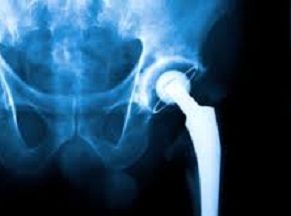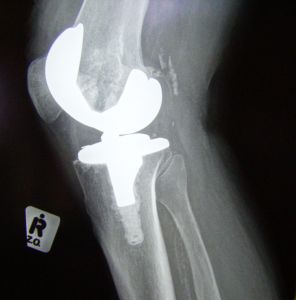As our Boston products liability attorneys can explain, the use of a qualified and knowledgeable expert can significantly increase a plaintiff’s chance of obtaining complete financial recovery.
 Chapman, et al. v. The Procter & Gamble Dist., et al., an appeal heard by the United States Court of Appeals for the Eleventh Circuit, involved a plaintiff who alleged that she developed myelopathy as a result of using a particular brand of denture adhesive two times a week over an eight-year period.
Chapman, et al. v. The Procter & Gamble Dist., et al., an appeal heard by the United States Court of Appeals for the Eleventh Circuit, involved a plaintiff who alleged that she developed myelopathy as a result of using a particular brand of denture adhesive two times a week over an eight-year period.
Myelopathy is a spinal court disorder that affects a patient’s extremities. Plaintiff claimed that she developed a variety of neurological symptoms from 2006 to 2009. Plaintiff asserted that her condition was, specifically, a zinc-induced copper deficiency that was a result of using the denture adhesive.
Evidence was presented to show that defendant introduced zinc into its denture adhesive in the 1990s to improve the functionality of the product by increasing adhesion.
One case report from 2008 presented the hypothesis that zinc in denture adhesives could cause the user to become copper deficient, and this could cause a neurological condition. After this study came out, lawsuits were filed across the country against the manufacturers of dental adhesives.
Continue reading
 Product Liability Lawyer Blog
Product Liability Lawyer Blog











